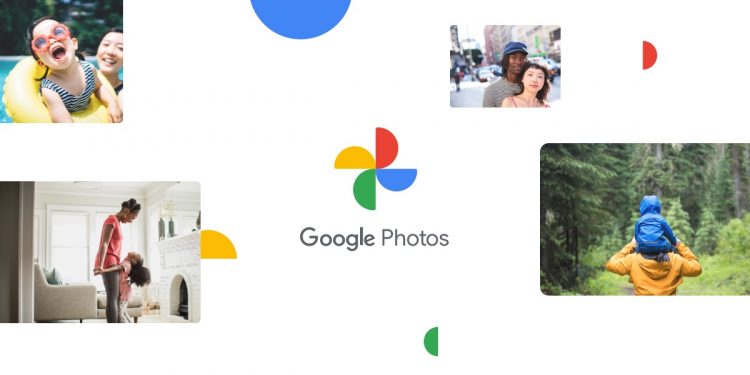The dreaded day for Google Photos users is here. Today, May 31, is the last day of you enjoying free unlimited storage in Google Photos. Starting tomorrow, June 1, all your high-quality and express-quality images will count towards your free 15GB Google account storage.
Once you reach that 15GB limit, you will have to start deleting some of your photos or other Google Drive content to free up space. Alternatively, you can also purchase a Google one plan to increase your Google account’s storage up to 2TB.
What to do next? How to backup your data and are there any alternatives?
Having access to Google One can help increase the storage capacity; albeit it comes at monthly and annual subscription fees.
It seems like an easy way for Google to push people to pay for its Google One plans. The company announced the basic plan starting from 100GB for the price of Dh7.49 per month and Dh10.99 a month to a 200GB plan. A 2TB plan will cost Dh36.99 per month.
There’s no denying that Google Photos would still be a great photo backup service if you chose to stay with it. Sure, you only have 15GB of storage if you don’t cough up any cash, but you do get plenty of handy editing tools, smart categorization, and slick sharing capabilities.
But there are plenty of alternatives out there Microsoft OneDrive which will provide users storage space along with access to many Microsoft services. OneDrive is free up to 5GB, however, for increased storage capacity (100 GB), users will have to pay for it.
Users can also opt for Amazon Photos that will allow unlimited storage for full-resolution photo storage and five family members can share the services as well. This service also provides many editing, search and sharing features. While the services are easily available to those with Amazon Prime memberships, the storage is limited to 5 GB for non-Prime members.
Apple users, in this case, also make the most of Apple Photos. The seamless service offers powerful AI features, integration across the Apple ecosystem, along with a host of editing tools. The storage is free for up to 5 GB. It is to note that the services are limited to Apple users only and will not work with Android or Windows operating systems.
The cloud storage platform- Dropbox can also be used for all kinds of files. The platform features cross-platform compatibility as well as additional features including DropBox Passwords and DropBox Transfers. The alternative is expensive as compared to others as subscription plans




![The Top & Most Popular Seafood Bucket Restaurants in Dubai for you [Never Miss]](https://uae24x7.com/wp-content/uploads/2020/09/8-seafood-in-a-bucket-scaled-e1600739237403.jpg)
![Procedures for Renewing the Driving License in Abu Dhabi [3 Simple Steps]](https://uae24x7.com/wp-content/uploads/2020/07/Capture-9-e1595666454466.jpg)





